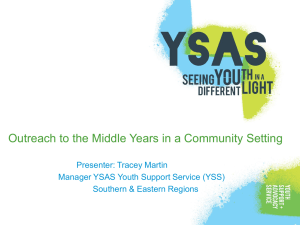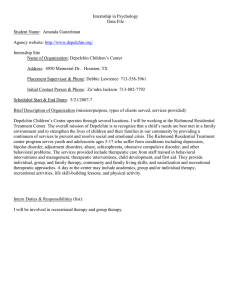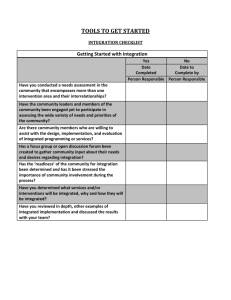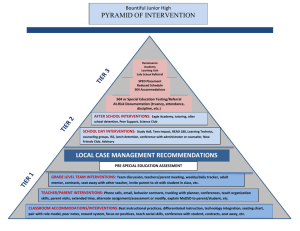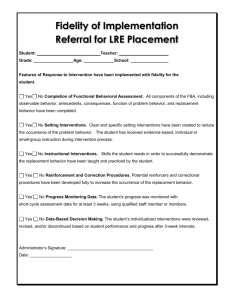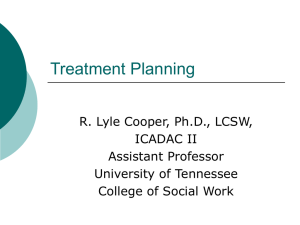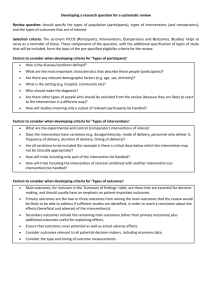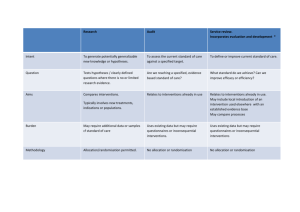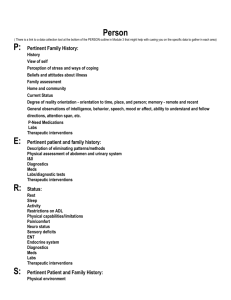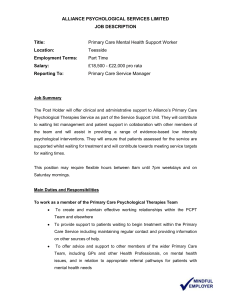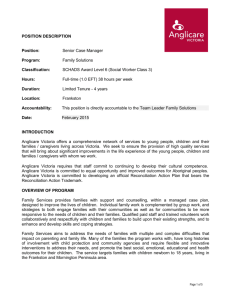here
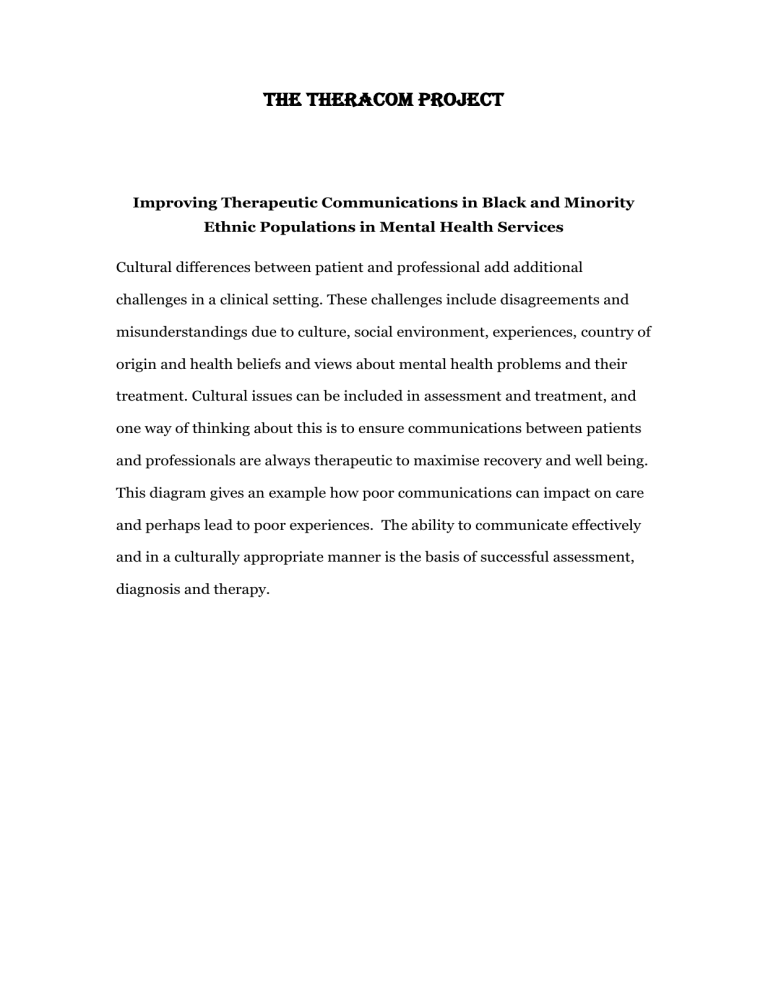
The Theracom Project
Improving Therapeutic Communications in Black and Minority
Ethnic Populations in Mental Health Services
Cultural differences between patient and professional add additional challenges in a clinical setting. These challenges include disagreements and misunderstandings due to culture, social environment, experiences, country of origin and health beliefs and views about mental health problems and their treatment. Cultural issues can be included in assessment and treatment, and one way of thinking about this is to ensure communications between patients and professionals are always therapeutic to maximise recovery and well being.
This diagram gives an example how poor communications can impact on care and perhaps lead to poor experiences. The ability to communicate effectively and in a culturally appropriate manner is the basis of successful assessment, diagnosis and therapy.
Conflict with staff, disengagement, failure to take up therapy
Severe, frequent episode of illness
Omission of important information during clinical assessment
Use of force and higher rate of adverse incidents
Ineffective communication
Aims and Objectives
We shall conduct a systematic review of the research evidence on interventions to improve ‘therapeutic communication’ between black, minority and ethnic (BME) patients receiving specialist psychiatric care and the professionals who deliver that care.
Within this overall aim, our specific objectives are:
1) To review the published evidence as well as unpublished ‘grey’ literature and unreported research in order to identify promising interventions to improve ‘therapeutic communication’ for BME patients receiving specialist psychiatric care. Our initial analysis has identified that interventions of interest can broadly be defined as those which: a) aim to improve outcomes from existing care through mediation, better understanding and take up (for example, by psycho-education that enhances communication); b) Seek to manage divergent views, conflict, and differing explanatory models and illness perceptions through negotiation and mediation;
c) employ cultural consultation models and other narrative based or ethnographic methodologies; d) involve methods proposed within the social sciences or communications studies, for example, linguistics, but applied to health and social care; e) apply cultural competence interventions that aim to improve communication; f) improve two-way communication as a therapeutic tool through technology (e.g. NHS direct, telemedicine, email).
2) To report evidence on effectiveness, quality and cost-effectiveness using measures of patient reported outcomes, symptoms, (dis)engagement with care, cost, safety, rates of adverse incidents (including the use of compulsion such as sectioning or physical restraint), and/or use of other interventions
(including medication).
3) To identify and describe the elements of identified interventions.
4) To produce recommendations for practitioners and policy makers for different service contexts, patient groups, and illnesses.
5) To identify key evidence gaps and highlight future primary research required to address these.
Service Users and Public Involvement
Afiya Trust is a national public charity campaigning for better health among racialised groups; it works in health and social care settings, policy and health promotion; it is a strategic partner of DH that helps building capacity in the charitable sector for inequalities work. This will provide community channels for dissemination as well as the conventional ones through conferences and academic routes, publications in the academic press and in the lay and voluntary sector press. A report launch will be held under the auspices of Afiya
Trust in partnership with Warwick, Queen Mary University of London, and De
Montfort University. Patient public partnership is important in the interpretation of the findings, especially if novel interventions are discovered
(regarding their acceptability) and for wider dissemination of the findings.
Service User/Carers o attending panel group meetings in London o commenting on methodological challenges and solution o reading and commenting on short briefing and presentations during the project o provide personal perspectives and experience for a final to complement the literature review.
Fee
£100 for each meeting plus travel and out of pocket expenses.
Meetings
All will take place at Centre for Psychiatry Barts& The London, QMUL, Old
Anatomy Building Charterhouse Square
London EC1M 6 BQ.

